Events and opportunities by Lucija Ropret
Cogsteps live program has started with Startup 101 bootcamp
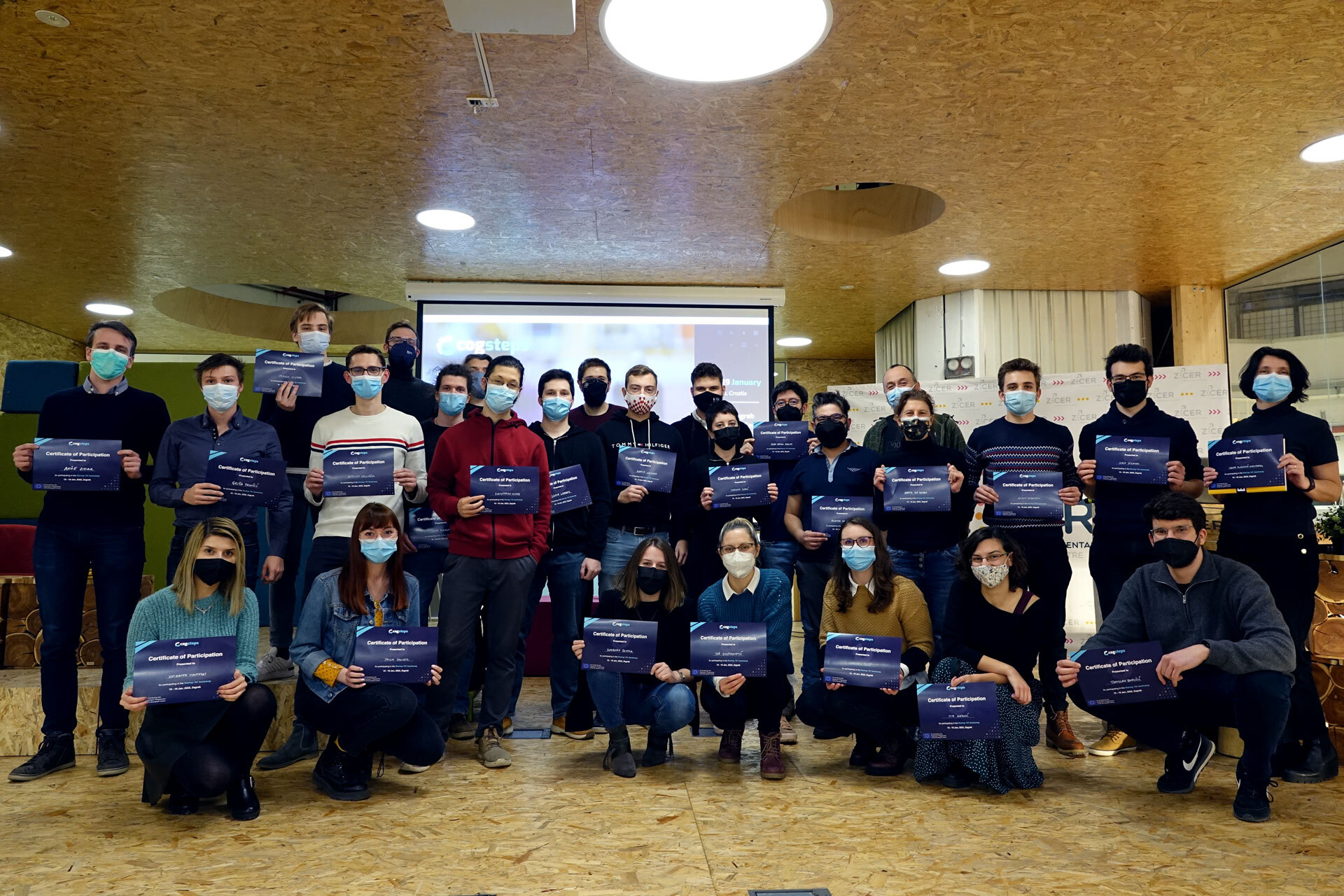

Published 31.01.2022.
The first day has started with a meet and greet to welcome the researchers. They were introduced to the program and got to know each other and their startup ideas. They have heard two lectures during the rest of the day – Startup Introduction and Lean Startup. Startup Introduction was held by Matija Srbić from the Faculty of Electrical Engineering and Computing at the University of Zagreb. The idea was to introduce the ones who are new to the startup world to the terms that are used in the startup community and get the basic knowledge needed to start their startup journey. Next on the agenda was the lecture by Aleš Pustovrh from the Faculty of Economics at the University of Ljubljana called Lean Startup. Through the case studies of different companies, researchers got to hear what the startup development process looks like, how to know your business idea is good, and how to be successful in these turbulent times.
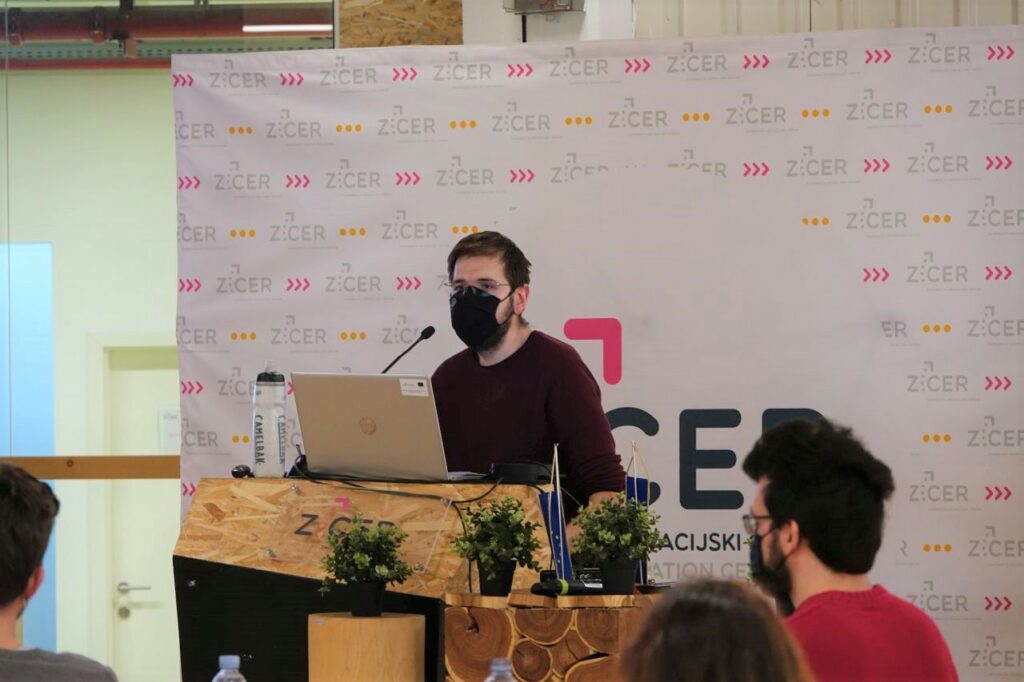
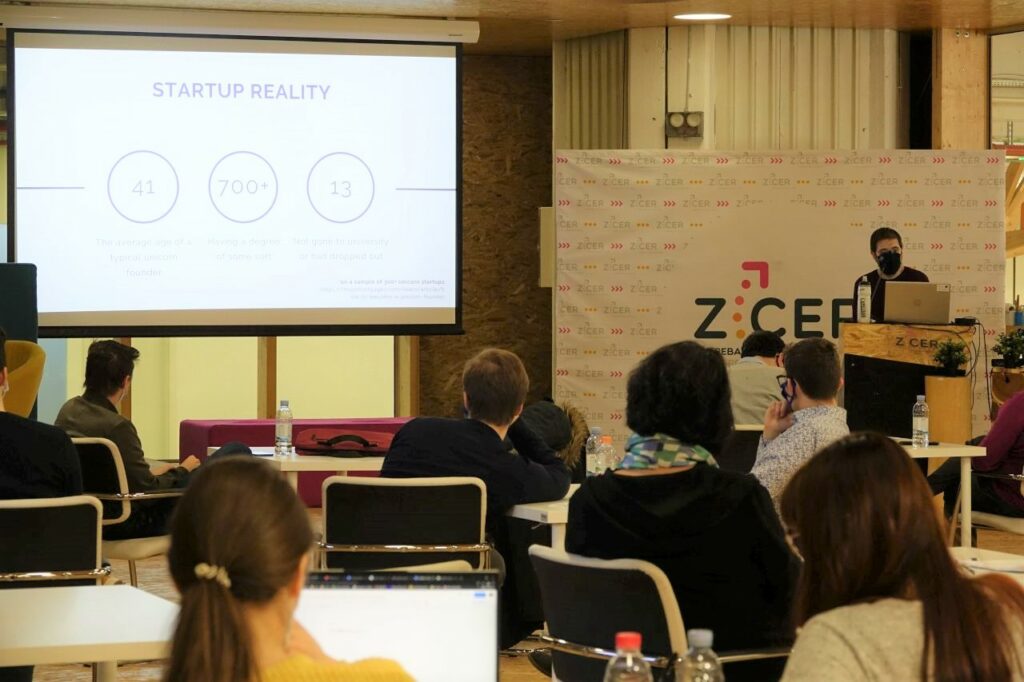
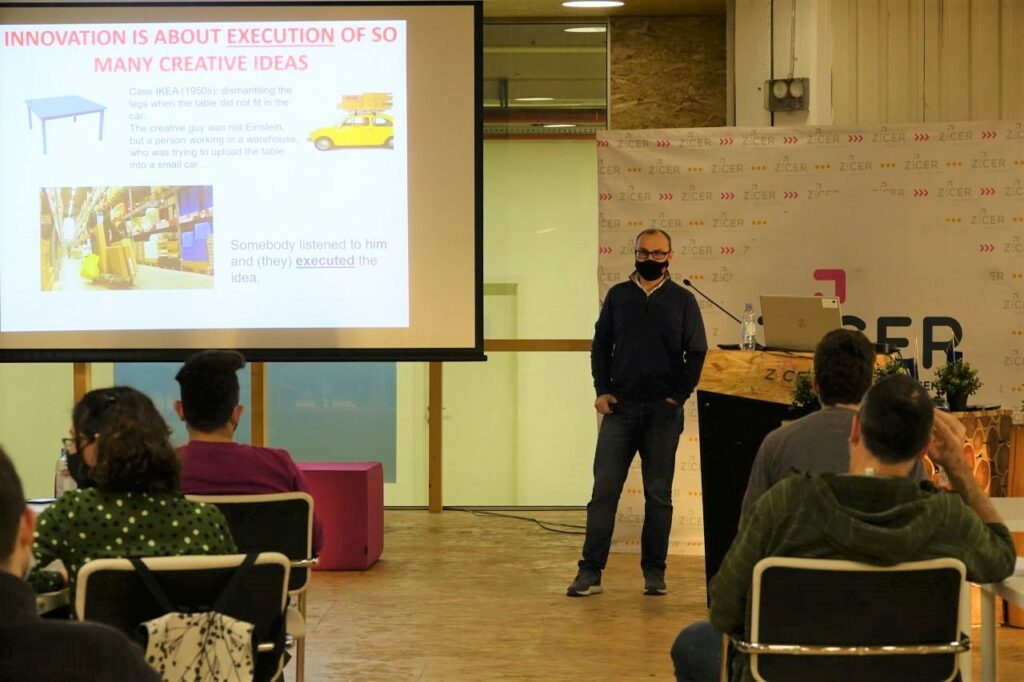
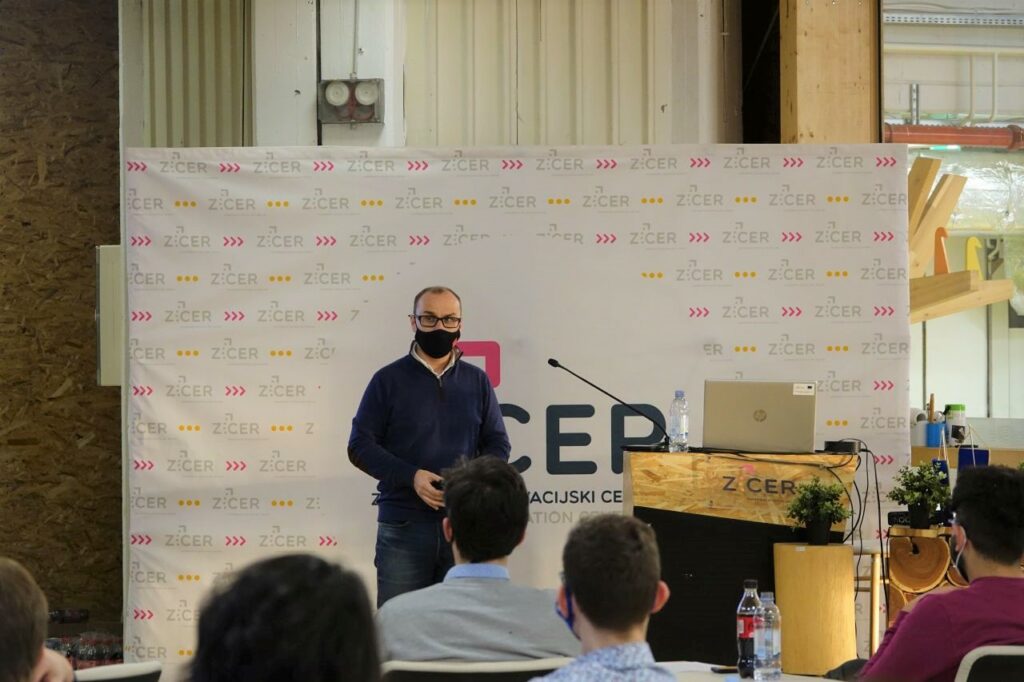
The mentor for the Design Thinking workshop during the second and third day was Miroslav Kosović from Knot99. Researchers have worked on their startup ideas they have submitted while applying to the bootcamp or the ones they have come up with during the first day. The goal of the workshop was for the researchers to improve their ideas with design thinking methodology and creative tools. After the workshop, two teams have presented their ideas to the other teams and mentors in the role of their customers. The teams presenting were WearSense developing (bio)chemical sensor technology for the next generation of smart wearables and difference, a platform that makes hiring and job finding easier with the help of artificial intelligence.

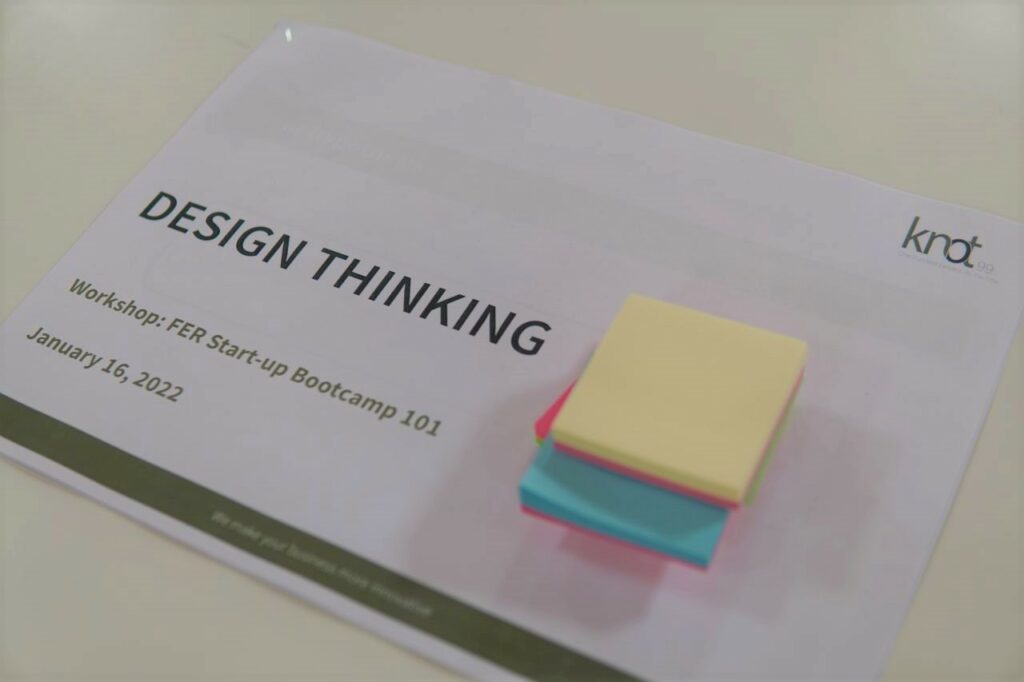
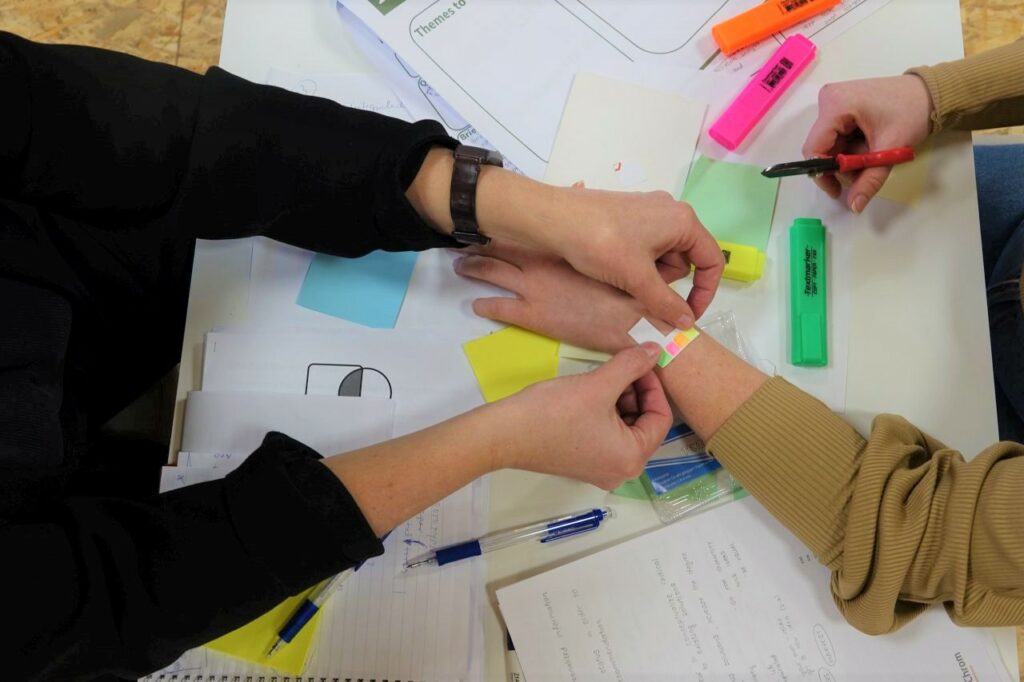
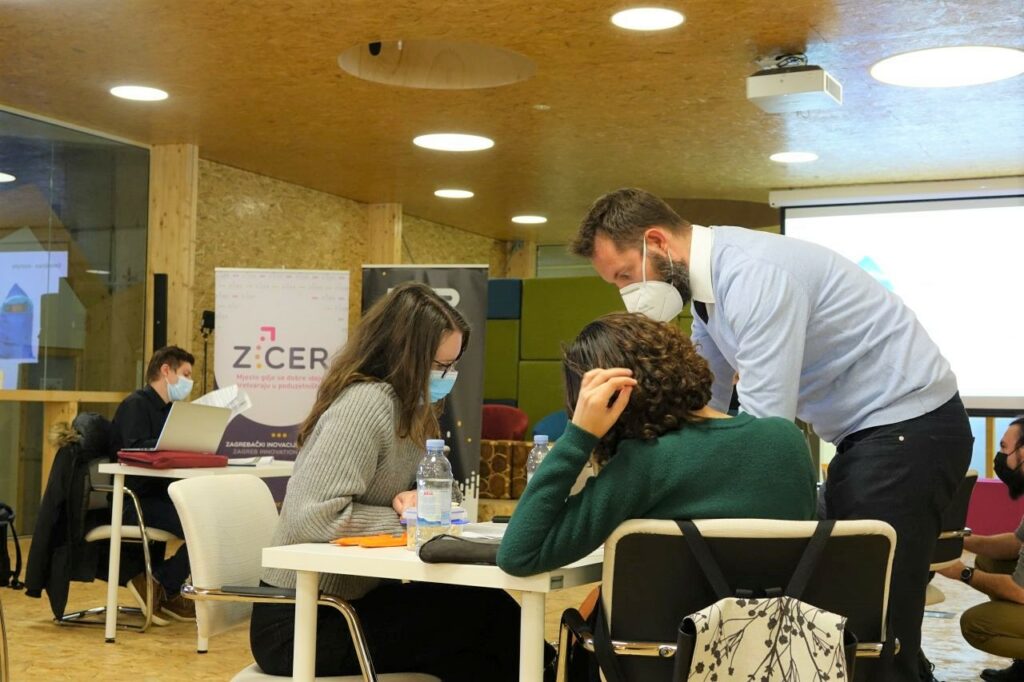
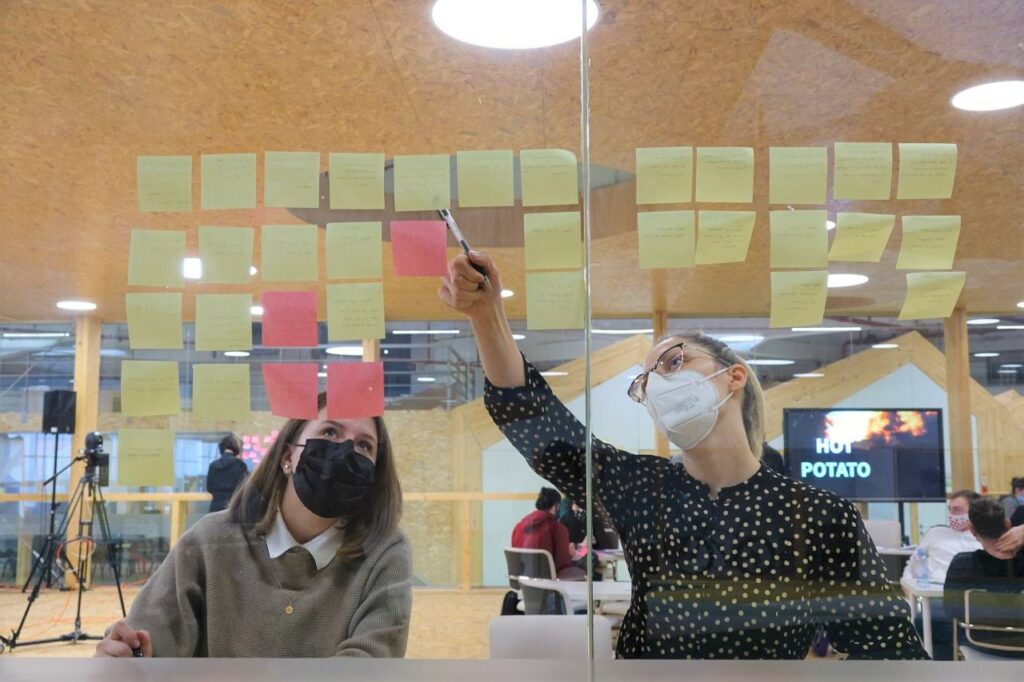
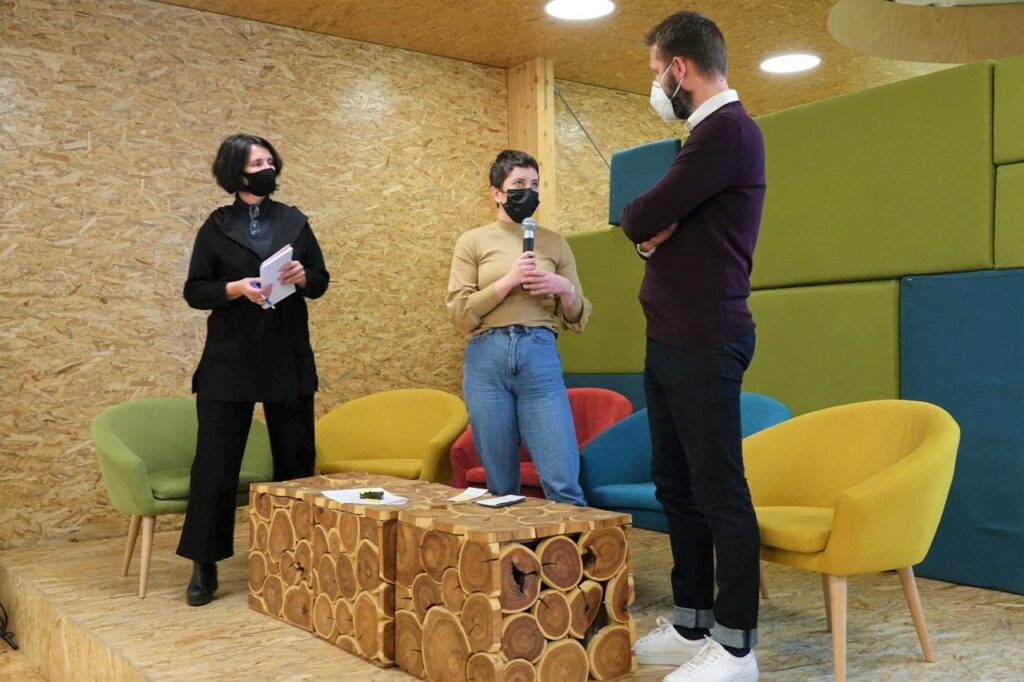
The fourth day was reserved for the Pitch and Storytelling workshop by Matija Srbić. This workshop was focused on learning what every pitch deck has to have and creating a pitch that will be tempting for investors to invest in. As well as the content of the pitch, performance is the factor that will distinguish a good pitch from the excellent one. During the workshop, researchers have pitched their one-liner and elevator pitch. Among others, Innovative cooling system – a device intended to increase cooling capacity compared to conventional cooling methods, and Catalytic system – based on magnetic induction that can be used for waste-water treatment and laboratory use, have pitched their one-liner. At the end of the day, five teams have pitched in front of the other participants and the jury to receive feedback for their pitch content and performance. Teams that have pitched at the end of the day are Nano Mask – creating face masks that use nanotechnology to improve airflow and protect skin from irritation, Digicyte – developing technologies that will enable the widespread use of digitization and artificial intelligence in tissue analysis, WearSense, WhatsInIt – working on an idea for DNA metabarcoding the products we consume every day and app scanner for the consumer with special diets to see what ingredients are in the products they use, and Tongueo – working on a digital communicator that helps people with aphasia to communicate efficiently and to independently practice speech.
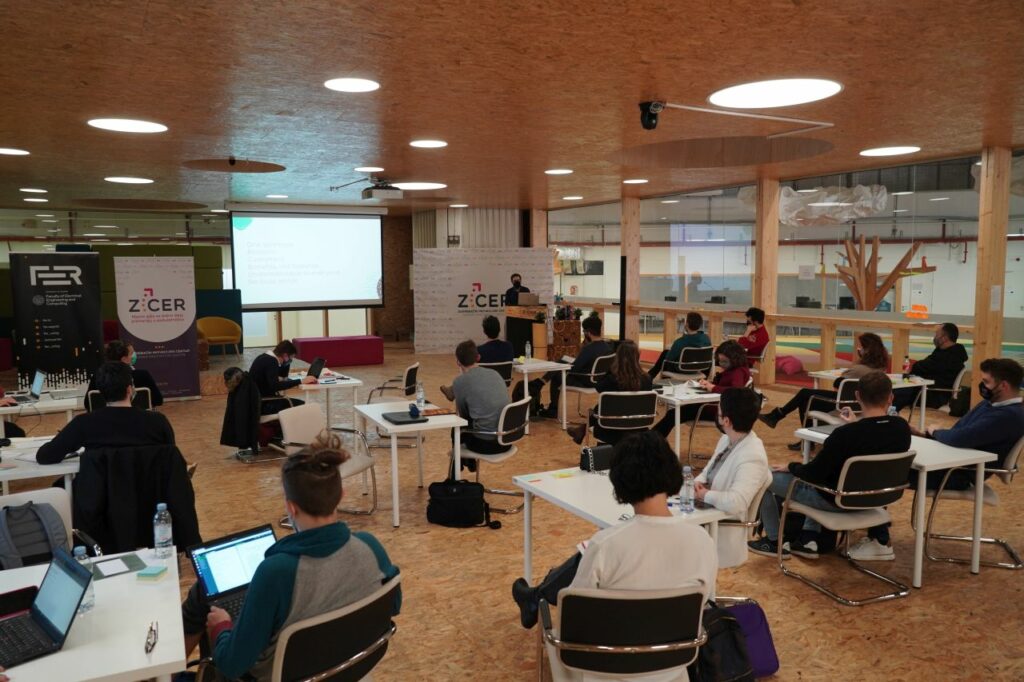
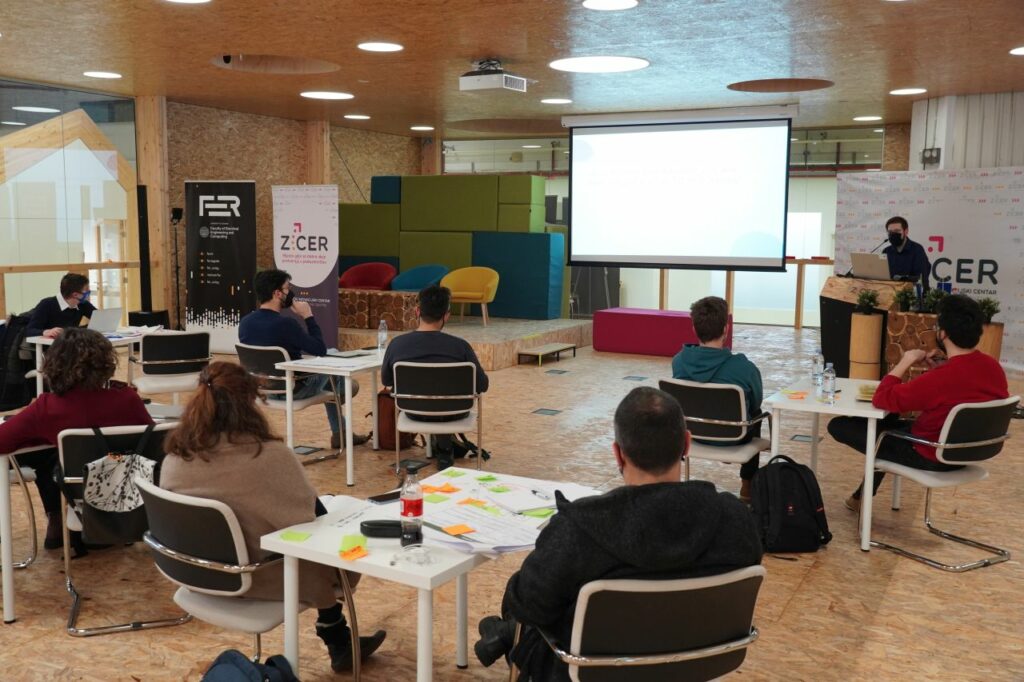
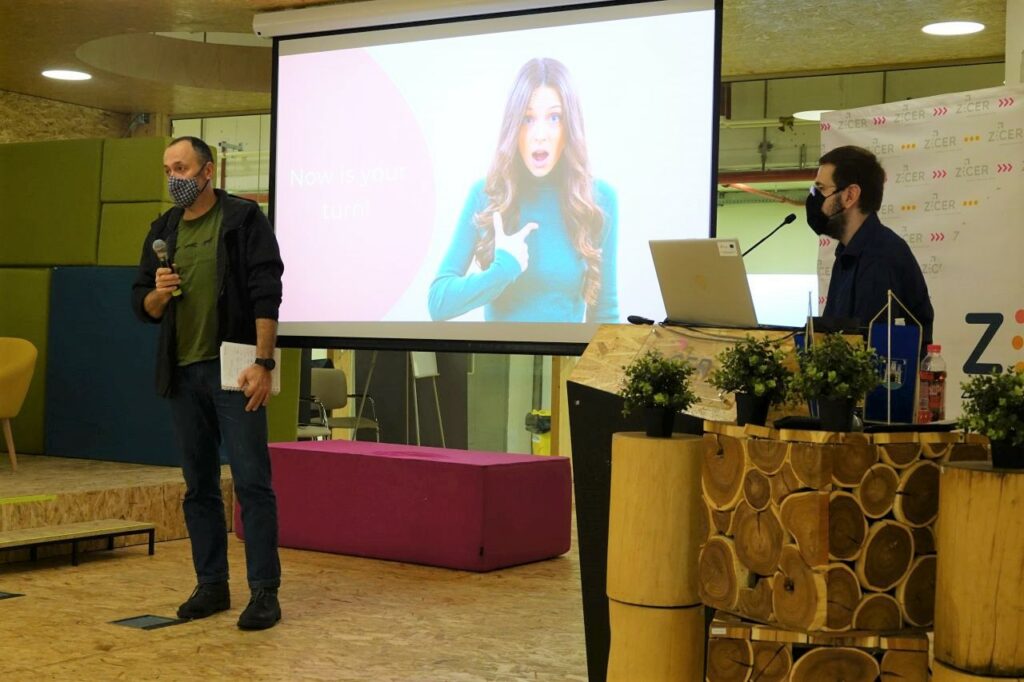
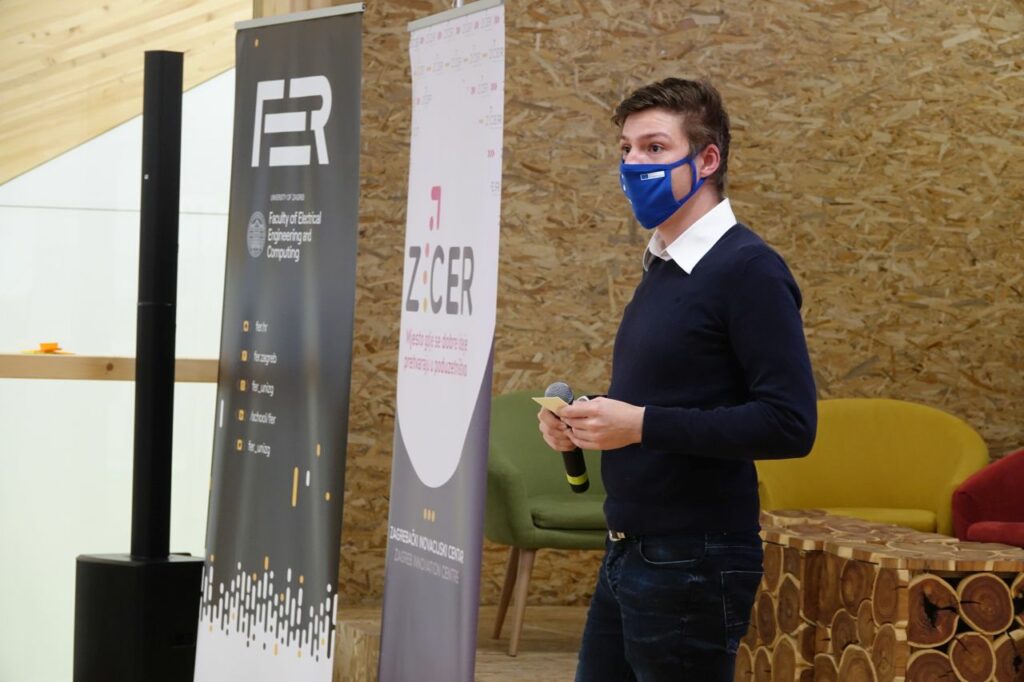
The last day of the Startup 101 bootcamp was dedicated to lectures from multiple lecturers, focusing on finding the right funding source for startup development. First was Jakob Gajšek from Ljubljana University Incubator with the lecture Venture Capital “Schnellkurs” in which he explained what are VCs, how they work, what types of funding are available for spin-offs, and which are stages of funding. Later on, Anita Pivac, Senior expert advisor for investments from EU funds at the University of Zagreb, held a lecture on What is EIT?, presenting Europe’s largest innovation ecosystem that connects innovators and organizations. Next, Tanja Ivanović from Hamag-Bicro, Croatian Agency for SMEs, Innovations, and Investments, introduced European Innovation Council (EIC) and its funding to the researchers through the lecture What is EIC?. Besides Tanja, Špela Rozman Dolenc from Ljubljana University Incubator shared tips and tricks for the applicants applying for EIC funding. Two more lecturers have joined the bootcamp via Zoom. First was Dubravko Babić from the Faculty of Electrical Engineering and Computing at the University of Zagreb with the lecture on Doing research in a Startup Company in which he has shared his experience on working in the Silicon Valley and Tel Aviv on multiple startups. The last lecturer of the Startup 101 bootcamp was Alexandar Muhr from the Graz University of Technology. During his lecture on IP Management, he has talked about intellectual property rights management and why you need to know who the owner of the IP is.
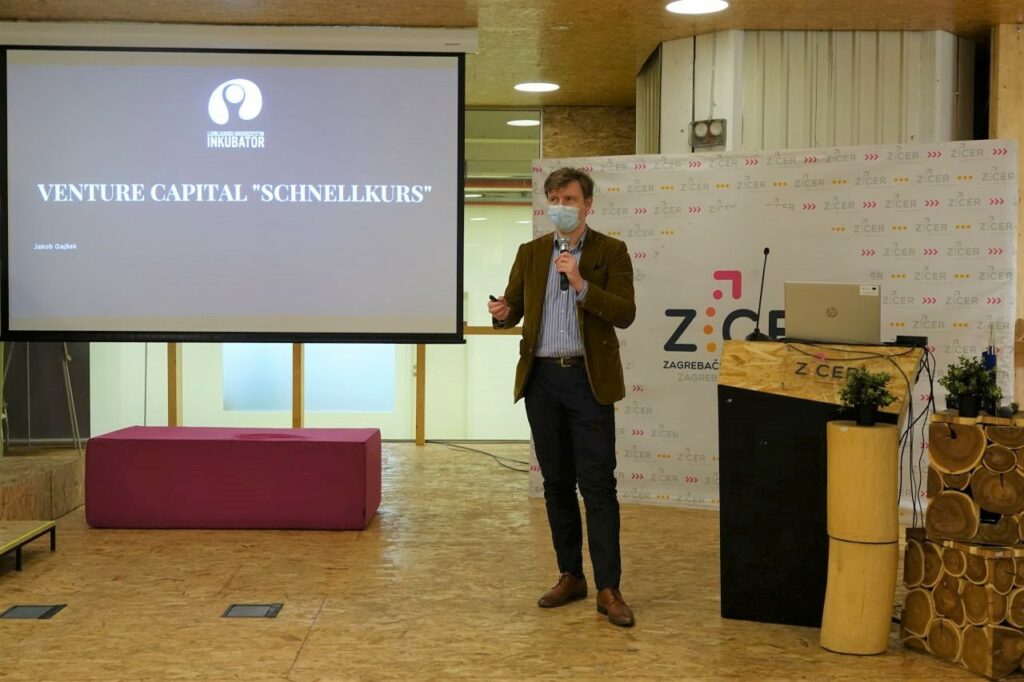
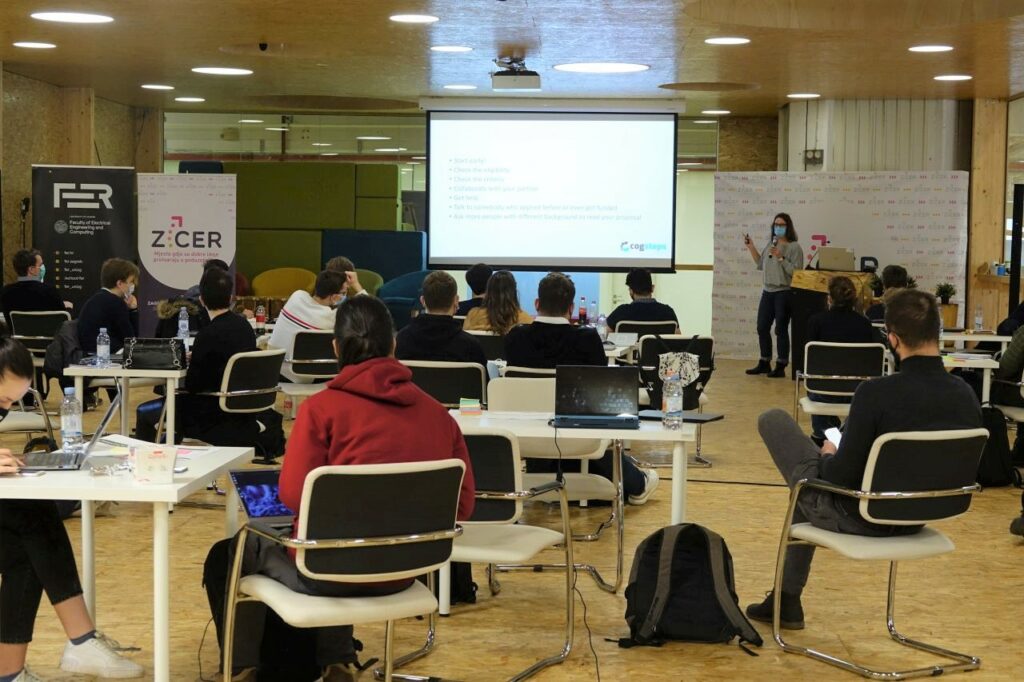
Before closing the Startup 101 bootcamp, six teams have presented their pitch decks in front of the other researchers and the jury. The teams are Pet Friend Finder – a mobile app for people to find caretakers for their pets, Emolve – a web application making poetry exploring easier with search by feeling instead of entering keywords, SeeMe – a software solution that uses computer vision to distinguish a child from an adult, Cardia – a knowledge and experience sharing platform that gathers doctors and experts from a specific field (for example aortic dissection) for them to discuss and compare symptoms to speed up the diagnoses process, NADES Design – developing custom-made plant extracts, and Fructus – developing a web application that offers metrics and indicators for investment and market analysis. Each team had 3 minutes to pitch, after which the jury and the audience had time for questions for the team. According to the decision of the jury three best teams won awards and researchers were awarded certificates of participation.
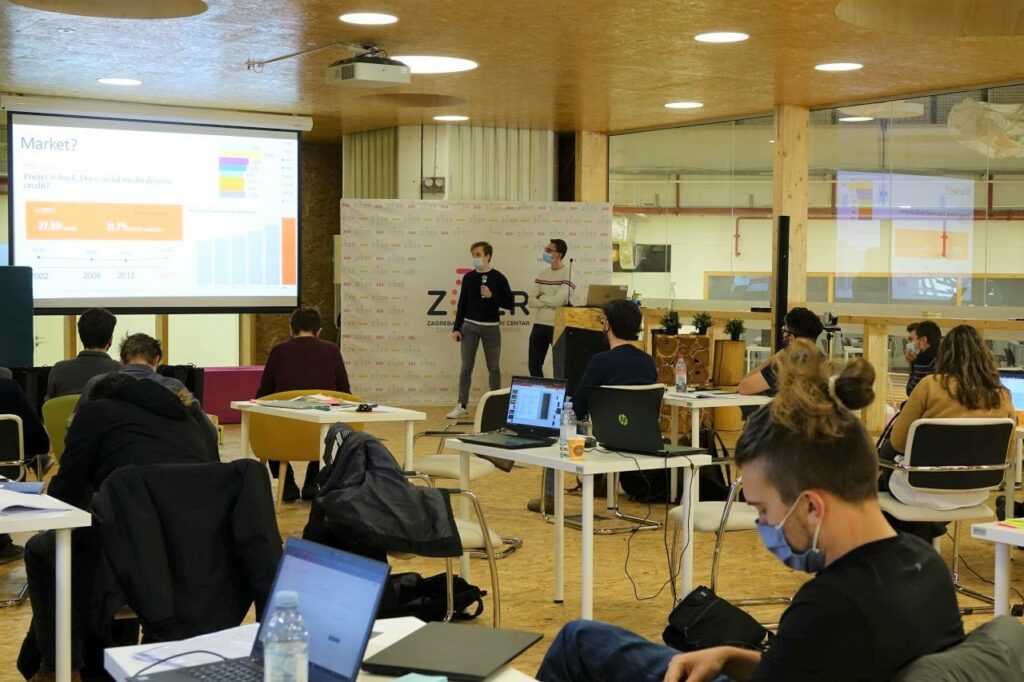
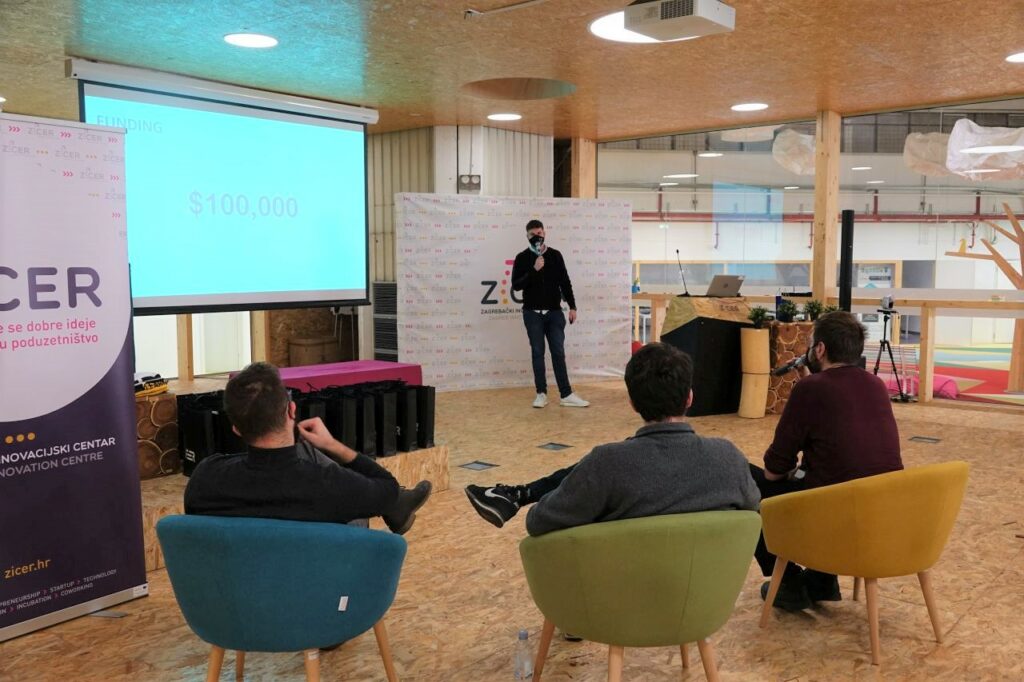
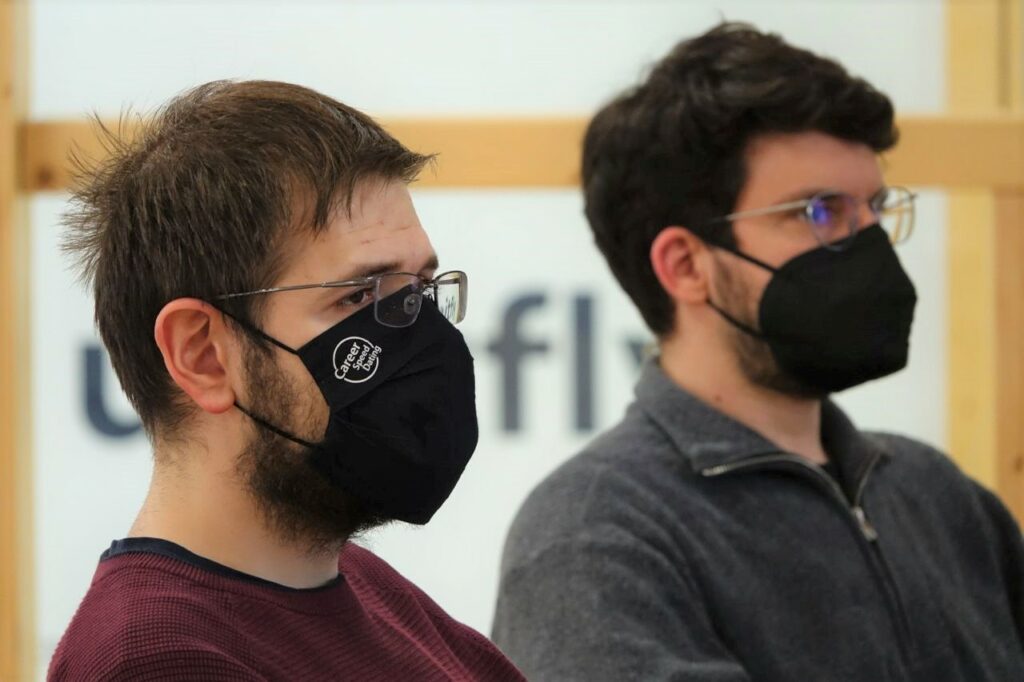
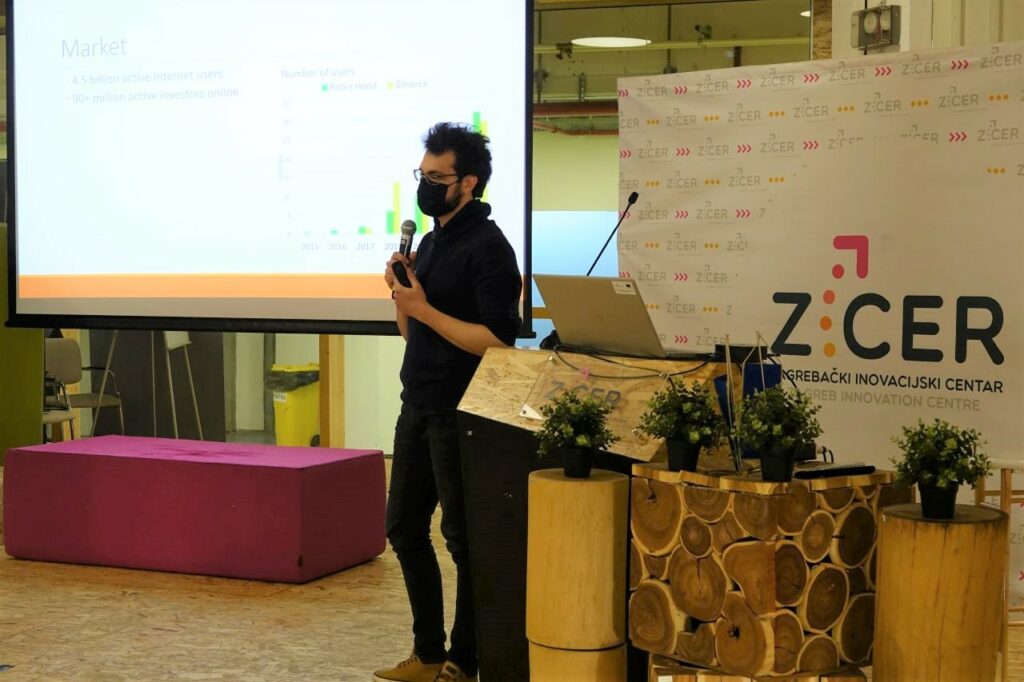
During the whole event, participants gave feedback on lectures and workshops. They have expressed their satisfaction with the organization and the content and a desire to participate in future events. We were excited to hear that they had a great time in Zagreb and got the opportunity to meet new people. Bootcamp helped them take their startup ideas to the next level and get exactly what they needed at this stage of the startup development.

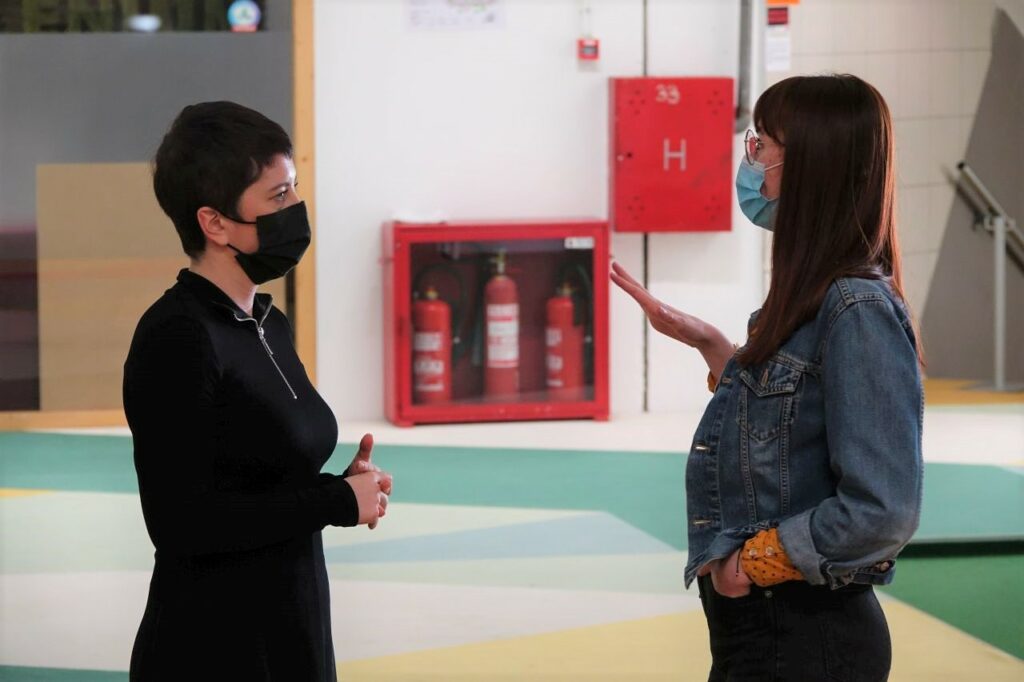

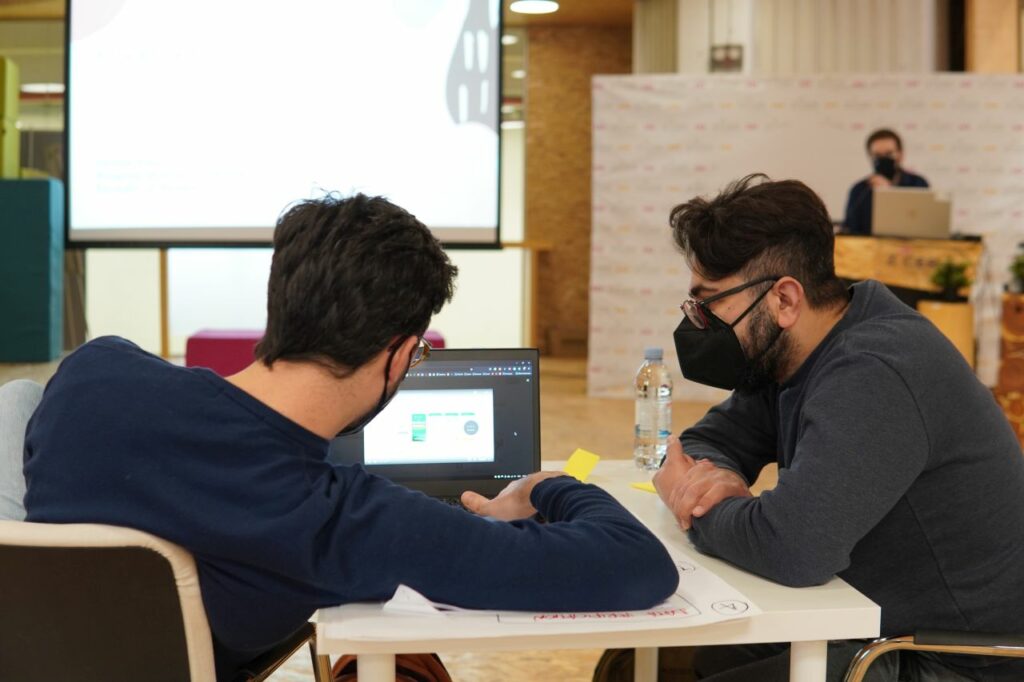
Organizing this type of event during the current epidemiologic situation was a challenge for both the organization team and the participants so we want to thank everyone who took part in the Startup 101 bootcamp. This is just the beginning of the startup education and training within the Erasmus+ project Cogsteps so we invite you to follow our announcements for information about new events and our Facebook and LinkedIn profiles.